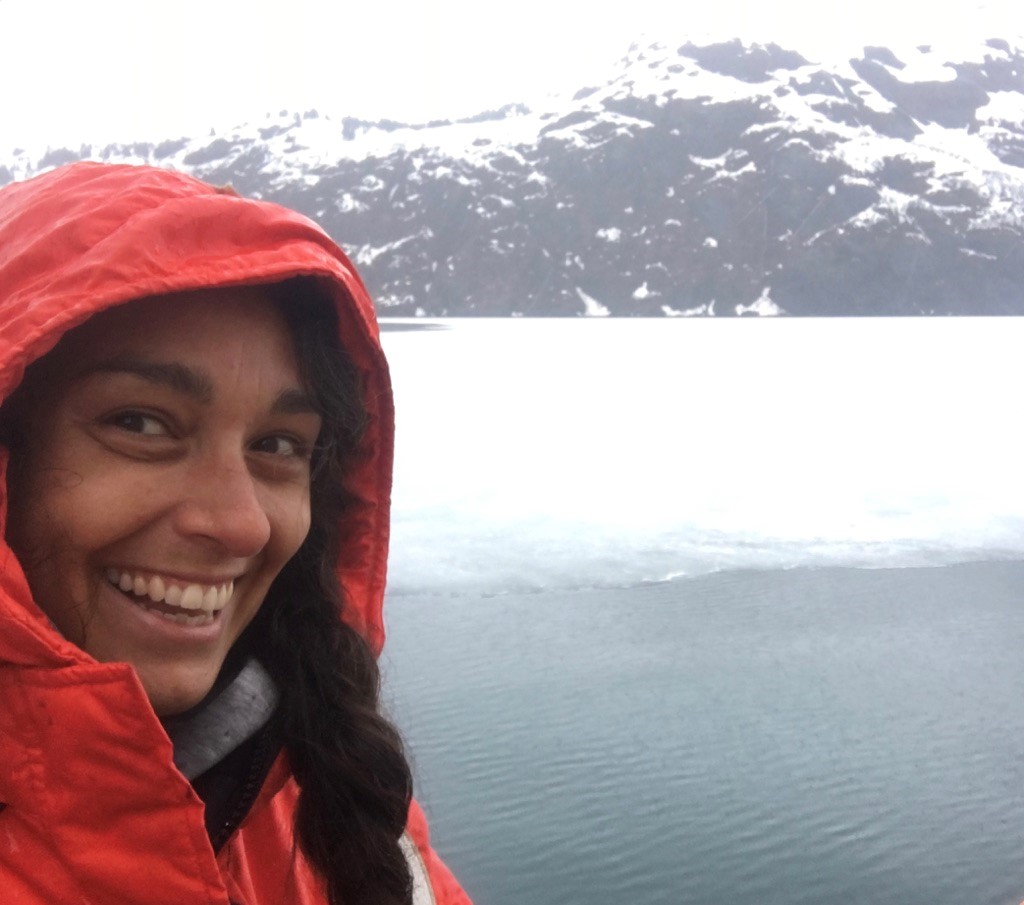 Researcher
Researcher
Integrative Marine Ecology Department
Tel.: +39 081 5833340
E-mail: vittoria.roncalli(at)szn.it
Contatto Skype: vittoria_roncalli11
Research Interest
Life in the plankton is hard! My research question is trying to understand how such small organisms, in particular zooplankters, thrive in such a dynamic environment. To do that, I adapt molecular techniques to the study of organismal physiology, in particular responses to signals and stressors in the marine environment. Understanding the limits of physiological plasticity of these organisms help me to predict the consequences of environmental variability and changing climate on their fitness. In my research I bridge the field of ecology and molecular biology (in particular transcriptomics) to investigate the effect of environment on the life cycle of copepods. In the last years, my research interest has focused on the fascinating developmental process known as diapause. In arthropods like insects and copepods, diapause is a common type of dormancy that ensures survival during adverse periods (e.g. extreme cold) and energy-poor conditions. Thus my final goal is trying to understand the genetic mechanisms that control this type of dormancy, with particular attention to what triggers the copepod to become a “sleeping beauty”.
Selected Publications
Cieslak MC, Castelfranco AM, Roncalli V, Lenz PH, Hartline DK (2019) t-Distributed Stochastic Neighbor Embedding (t-SNE): A tool for eco-physiological transcriptomic analysis. Marine Genomics, p.100723.
Roncalli V, Cieslak MC, Germano M, Hopcroft RR, Lenz PH (2019) Regional heterogeneity impacts gene expression in the subarctic zooplankter Neocalanus flemingeri in the northern Gulf of Alaska. Communications biology 2, 234.
Lenz PH and Roncalli V (2019) Diapause within the context of life history strategies in calanid copepods (Calanoida: Crustacea). Biological Bulletin, 237, 170-179.
Roncalli V, Sommer SA, Cieslak MC, Clarke C, Hopcroft RR, Lenz PH (2018) Physiological characterization of the emergence from diapause: a transcriptomics approach. Scientific Reports 8, 12577.
Roncalli V, Christie AE, Sommer SA, Cieslak MC, Hartline DK, Lenz PH (2017) A deep transcriptomic resource for the copepod crustacean Labidocera madurae: a potential indicator species for assessing near shore ecosystem health. PloS one 10, e0186794.
Roncalli V, Lenz PH, Cieslak MC, Hartline DK (2017) Complementary mechanisms for neurotoxin resistance in a copepod. Scientific Reports 7, 14201.
Roncalli V, Cieslak MC, Sommer SA, Hopcroft RR, Lenz PH (2017) De novo transcriptome assembly of the calanoid copepod Neocalanus flemingeri: a new resource for emergence from diapause. Marine Genomics, 37, 114-119.
Roncalli V, Jungbluth MJ and Lenz PH (2016) Glutathione S-Transferase regulation in Calanus finmarchicus feeding on the toxic dinoflagellate Alexandrium fundyense. PloS one,11, e0159563.
Roncalli V, Cieslak MC, Lenz PH (2016) Transcriptomic responses of the calanoid copepod Calanus finmarchicus to the saxitoxin producing dinoflagellate Alexandrium fundyense. Scientific Reports, 6, 25708.
Databases and repositories
Roncalli V, Cieslak MC, Lenz PH (2016) Transcriptomic responses of the calanoid copepod Calanus finmarchicus to the saxitoxin producing dinoflagellate Alexandrium fundyense. Dryad Digital Repository. pp. DOI: http://dx.doi.org/10.5061/dryad.11978.










